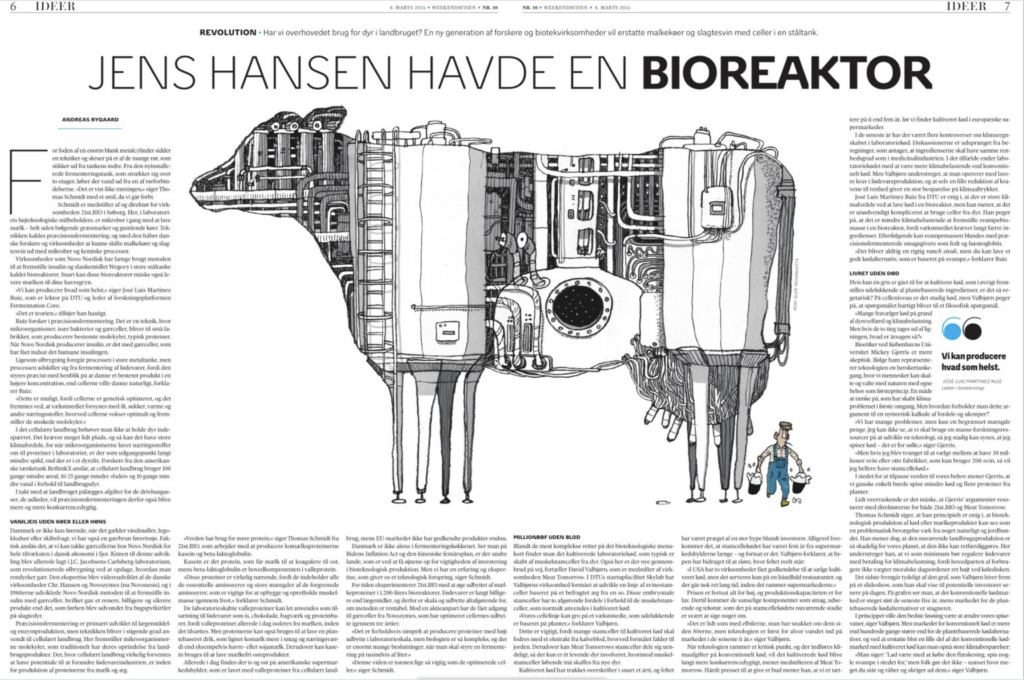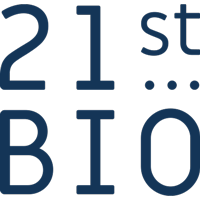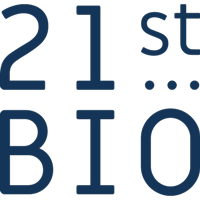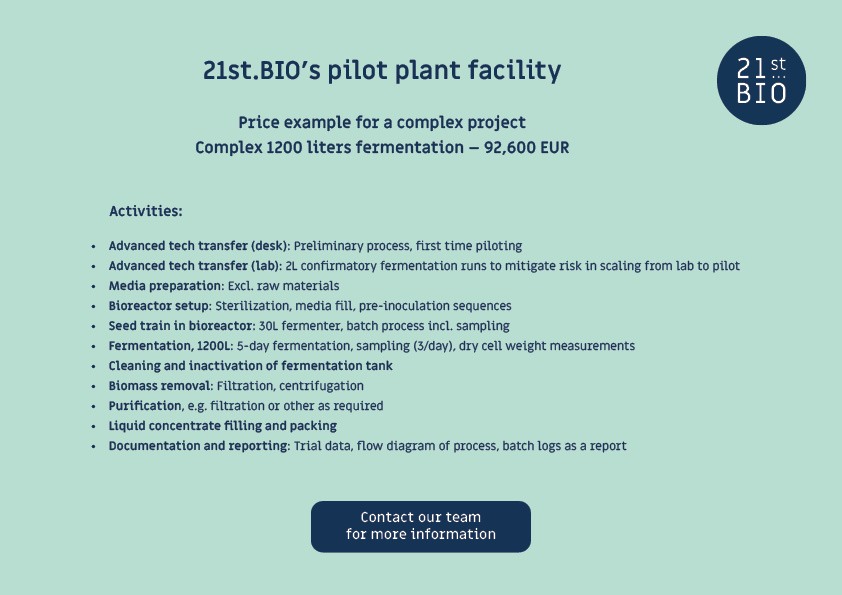We’re happy to see our work highlighted in Weekendadvisen this week.

Our co-founder and CEO, Thomas Schmidt, discussed some key points with reporter Andreas Rygaard:
Denmark has significantly influenced the precision fermentation field, starting from the pioneering efforts at J.C. Jacobsen’s Carlsberg laboratory, leading to the establishment and growth of companies like Chr. Hansen, Novozymes (now Novonesis), and most notably, Novo Nordisk. But Denmark is not alone in the ‘fermentation kitchen’. Looking at Biden’s Inflation Act and the Chinese five-year plan, other countries are waking up to the importance of investing in biotech production. We have the experience and expertise that give us a technological edge, but we need action from the EU and European Governments to ease the regulatory hurdles before us.
“The world needs more protein.” Indeed, assessments from the UN and FAO report that protein demand will double by 2050. Starting with the cow’s milk proteins caseins and beta-lactoglobulin, we at 21st.BIO aim at supporting the innovators who create the foods of tomorrow, without animals. More than providing energy, “these proteins are very nutritious as they contain all the essential amino acids, and large amounts of branched chain amino acids, which are important for building and maintaining muscle mass throughout life.” Dairy proteins derived from precision fermentation can be used to fortify foods such as ice cream, chocolate, baked goods and protein bars, but can also make plant-based drinks more similar to cow’s milk, in both taste and nutritional value. Caseins will be used for dairy-free cheese products.
With the most advanced production strains, designed for large industrial scale, and the knowledge and expertise in developing and upscaling fermentation processes for industrial production, 21st.BIO is uniquely positioned to support its customers to get from innovation to market faster and more safely.




